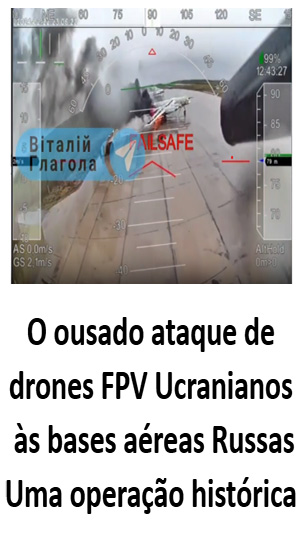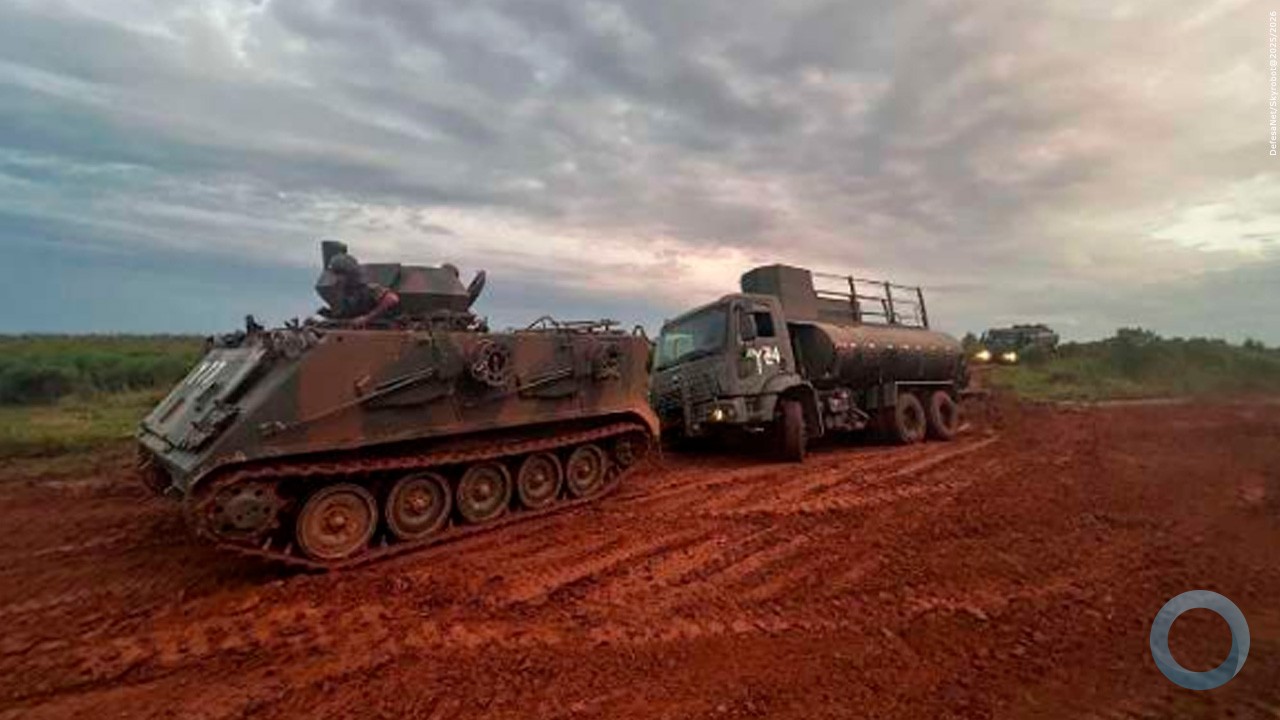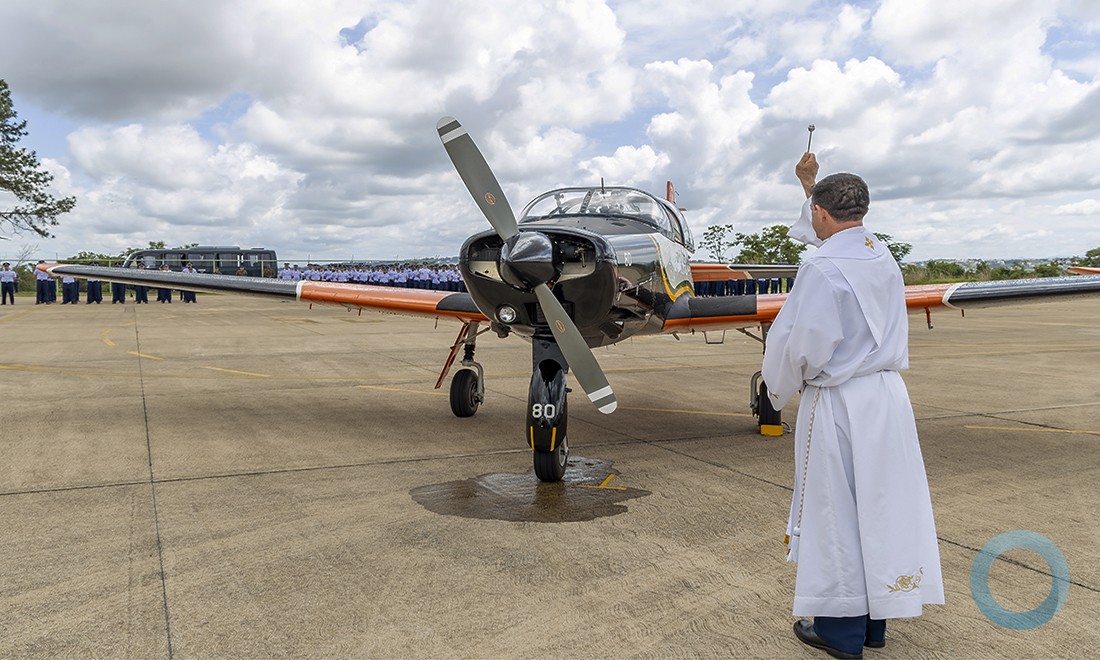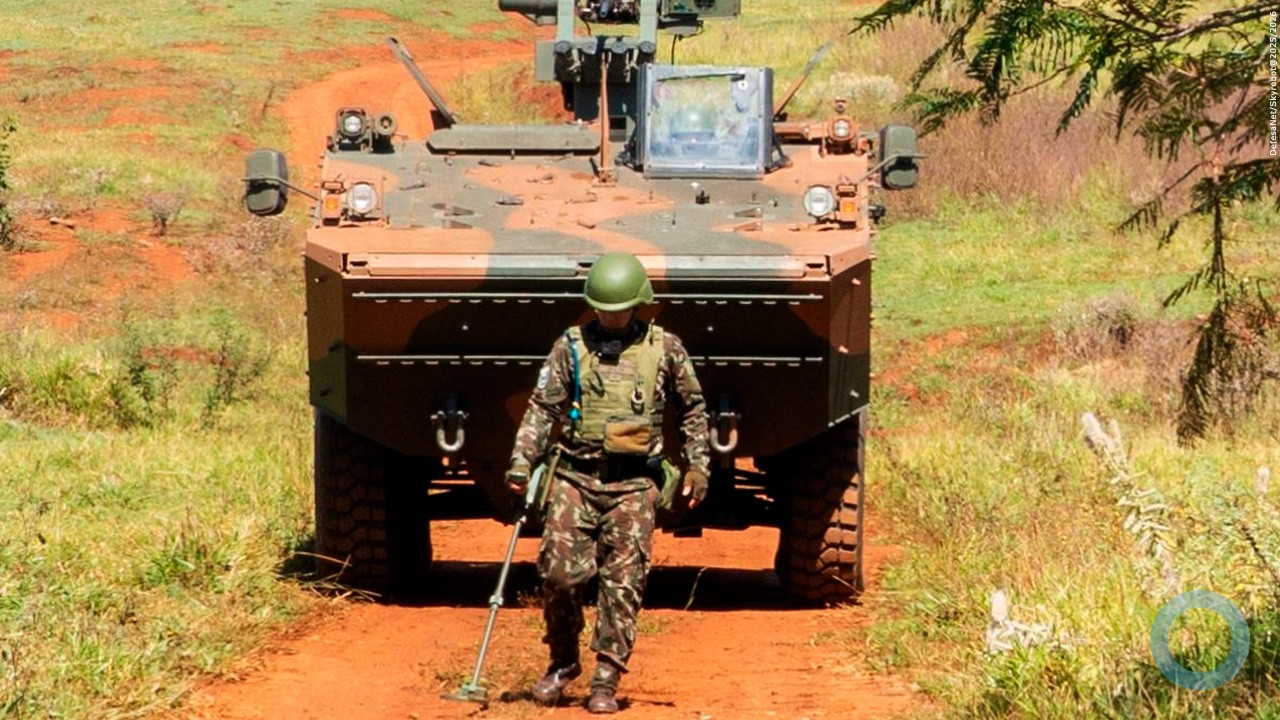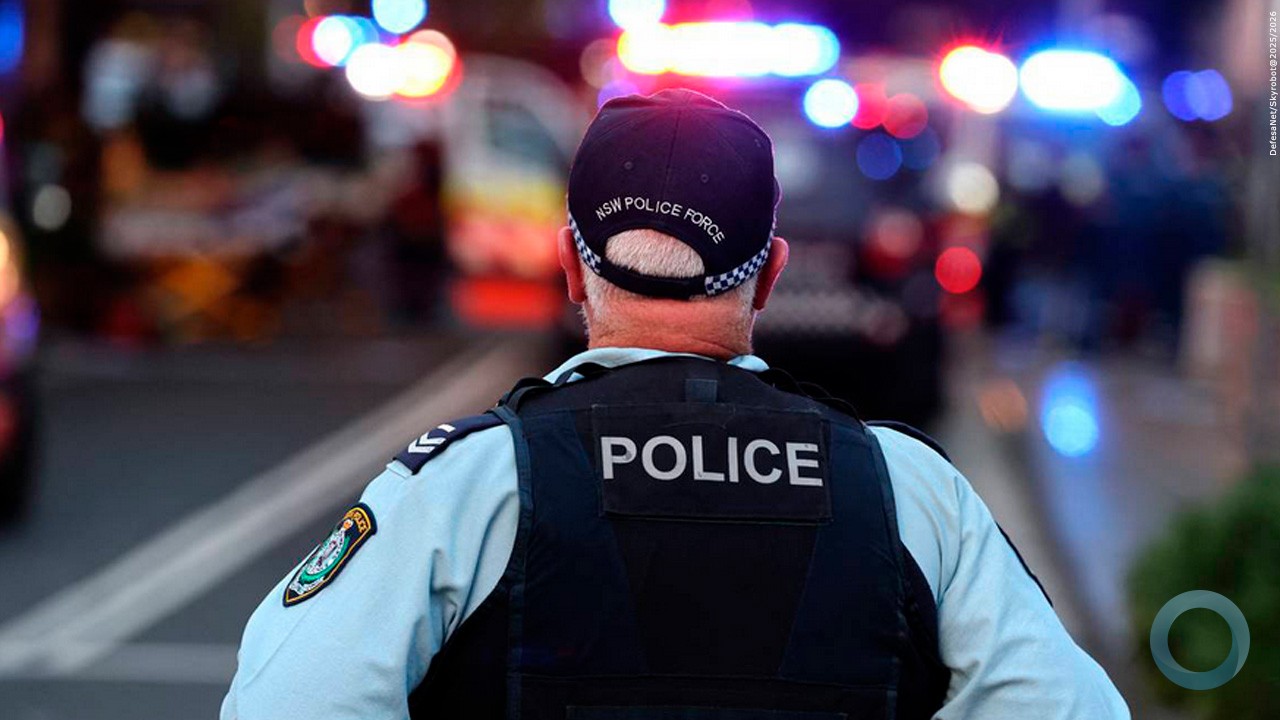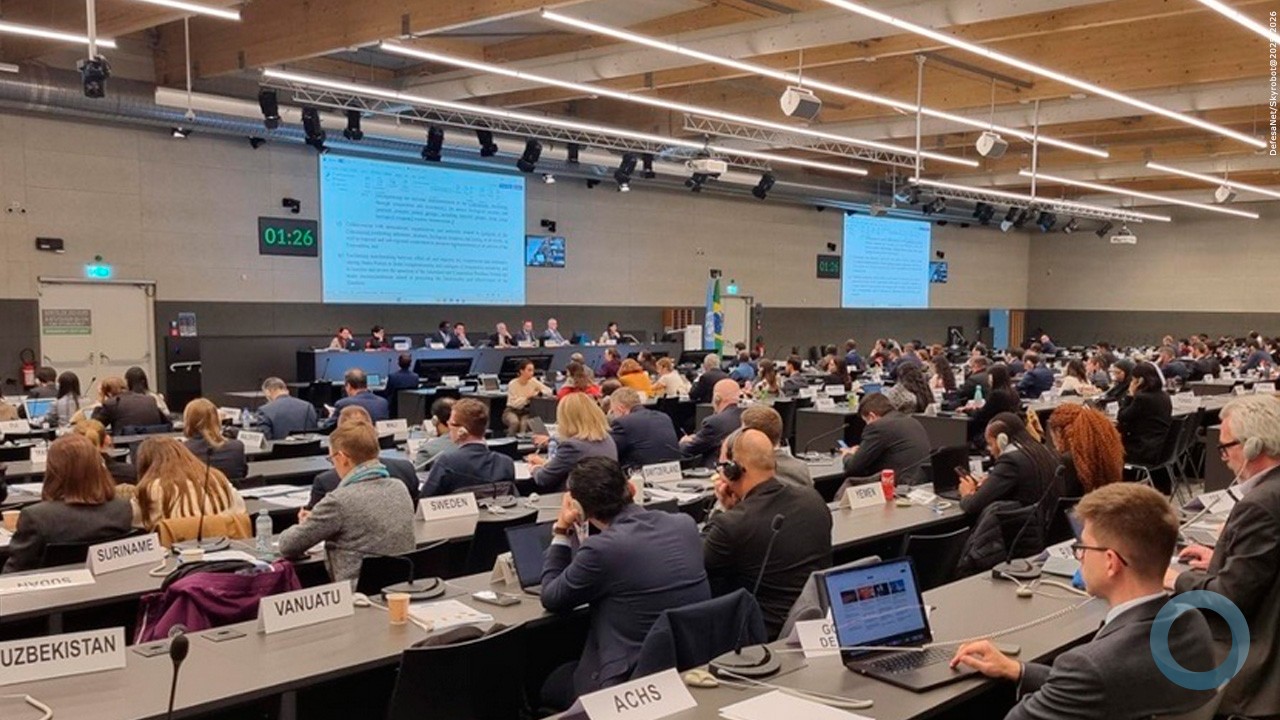Maiana Diniz reports from Agência Brasil
Translated by Mayra Borges
The International Police Cooperation Centre (CCPI), set up under the coordination of Brazil's Federal Police to allow fast information sharing and intelligence gathering between police from different countries during the Rio 2016 Olympic and Paralympic Games, has already begun to operate at the INTERPOL headquarters in Brasília.
At the CCPI, a team of 250 police officers from 55 countries will operate 24 hours a day with two main goals: arresting foreign criminals wanted by police who may come to Brazil and sharing information to detect any potential terrorist plotting.
According to Justice Minister Alexandre de Moraes, “there's nothing smarter in combating crime and terrorism than prevention. Intelligence, information, and cooperation.”
The minister is confident the games will go on smoothly and securely.
“Brazil is fully geared up like every country in the world that has had the best preparation. No country and nobody can be 100% sure there won't be any crime or attacks, that's impossible to say. What I can say for sure is, we did our job. The state of the art, the best integration with other countries, the ultimate in information and intelligence, we have it all in Brazil. We are ready for any events.”
Double check
The center was first used at the 2013 FIFA Confederations Cup, when 22 police officers from eight countries worked together in Brazil. At the 2014 FIFA World Cup, operations were expanded to 205 police officers from 37 countries.
Now, for the Rio 2016 Olympics and Paralympics, police officers from 55 countries will be stationed at two command and control centers—one in Brasília and another one in Rio to be inaugurated on Tuesday (Aug.2).
Alexandre de Moraes noted that the CCPI allows each of the police officers there to promptly communicate with their home country providing “real-time communication, looking up their own countries' databases and matching data,” he said.
According to the minister, these data check systems designed for the Olympic Games will allow staff to double check airport immigration controls from fingerprint scans. This has prevented a fugitive criminal from entering Brazil last Wednesday (Jul. 27). He was identified and immediately deported.

















